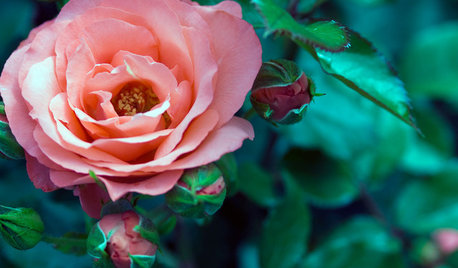Calcium, Epsom Salts, and BER
anney
16 years ago
Related Stories

GARDENING GUIDESLearn the Secret to Bigger and Better Roses
Grow beautiful roses using both ordinary and unusual soil amendments
Full Story
BEDROOMSThe Right Mattress: The Secret to a Great Night’s Sleep
We spend a third of our lives asleep, so investing in a quality mattress is essential. Check out this expert advice to help you choose yours
Full StorySponsored
More Discussions






shelbyguy
wvtomatoman
Related Professionals
Fort Atkinson Landscape Contractors · Old Saybrook Landscape Contractors · South Portland Landscape Contractors · Golden Valley Landscape Contractors · Amarillo General Contractors · Florham Park General Contractors · Lewisburg General Contractors · Poquoson General Contractors · Renton General Contractors · Troutdale General Contractors · View Park-Windsor Hills General Contractors · Finneytown Stone, Pavers & Concrete · Clemmons Decks, Patios & Outdoor Enclosures · Frisco Decks, Patios & Outdoor Enclosures · St. Louis Decks, Patios & Outdoor Enclosuresdigdirt2
kubotabx2200
HoosierCheroKee
anneyOriginal Author
anneyOriginal Author
digdirt2
anneyOriginal Author
digdirt2
korney19
butchfomby
butchfomby